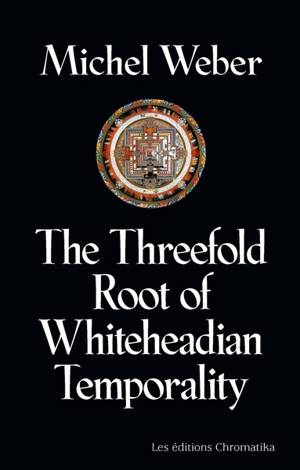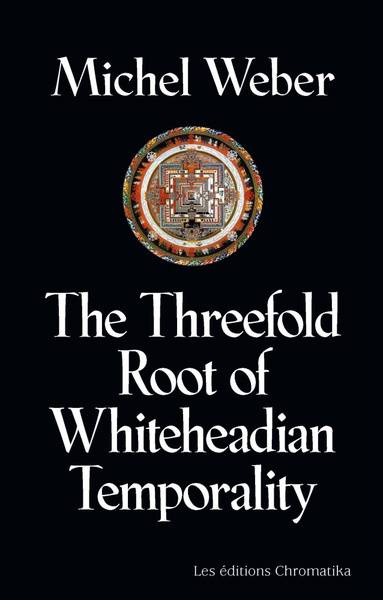
- Retrait gratuit dans votre magasin Club
- 7.000.000 titres dans notre catalogue
- Payer en toute sécurité
- Toujours un magasin près de chez vous
- Retrait gratuit dans votre magasin Club
- 7.000.0000 titres dans notre catalogue
- Payer en toute sécurité
- Toujours un magasin près de chez vous
The threefold root of temporality
elements of whiteheadian organic metaphysics
Michel WeberDescription
The question of the nature of time is as old as philosophy itself. Before philosophy, time was not problematized, it was a pure common-sensical matter. There were various experiences of time, and, accordingly, different words to name it. Whitehead's solution of the temporal conundrum lies in the concept of « creative advance of nature » that is systematically elucidated only in Process and Reality (1929).
To understand the creative advance of nature, one needs to interpret the togetherness of its three aspects - creativity qua concrescence, efficacy qua transition, vision qua initial subjective aim -, and this provides us with the core meaning of time : (i) genuine novelty appears in the World, (ii) past events arc, so to speak, ontologically memorized, and (iii) there is an upward trend in terms of « intensity » of events. These three complementary requirements refresh in their own way the Greek triple understanding of time : time is « aiôn, » lived duration (outside physical time) and destiny, but it is also « chronos, » causal time, and « kairos, » timeliness or the appropriate moment lor action.
Spécifications
Parties prenantes
- Auteur(s) :
- Editeur:
Contenu
- Nombre de pages :
- 117
- Langue:
- Anglais
Caractéristiques
- EAN:
- 9782930517766
- Date de parution :
- 01-12-21
- Format:
- Livre broché
- Dimensions :
- 140 mm x 220 mm
- Poids :
- 401 g

Les avis
Nous publions uniquement les avis qui respectent les conditions requises. Consultez nos conditions pour les avis.






